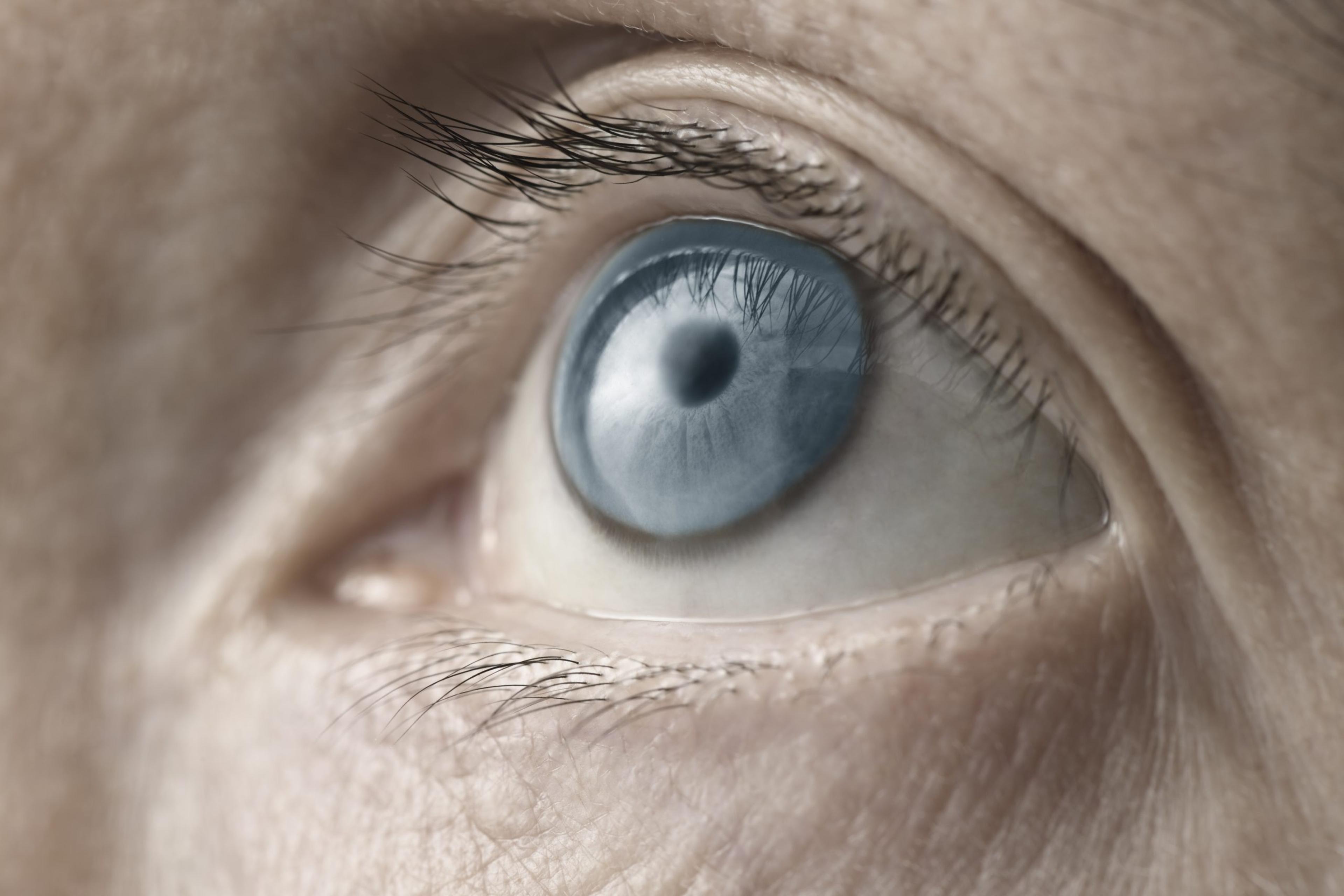Grant Funding Helps U.P. Providers Catch Diabetes-Related Vision Problems Early
Julie Bitely
| 3 min read

A simple screening can detect diabetic retinopathy, a leading cause of blindness among working-age adults. The condition is caused by damage to blood vessels in the eye’s retina, and early detection and treatment can reduce vision loss by up to 95%. However, less than 53% of people being treated for diabetes in a four-county region in Michigan’s Upper Peninsula were getting their annual recommended screening. A shortage of eye care professionals in Baraga, Houghton, Keweenaw and Ontonagon counties, along with other barriers to access care such as treacherous winter driving conditions and the need to take time off work to get to an appointment meant patients were rolling the dice with their vision. “Some people were traveling up to 100 miles to get screenings done,” said Andrew Chosa, grant administrator, Upper Peninsula Health Care Solutions, a network of community health care providers in the U.P. “When you start stacking up those barriers, getting that screening done on a regular basis becomes less of a priority for people.” In 2018, a $65,000 grant from the Blue Cross Blue Shield of Michigan Foundation helped UPHCS purchase digital retinal cameras that could be shared between primary care offices in the four-county service area. Chosa said the equipment is relatively easy to learn how to use. Camera operators could include any staff member willing to be fully trained with the technology, meaning receptionists, administrators, medical assistants and technicians could all play a role in performing the screenings. Providing the service in a primary care setting allowed patients with diabetes to get their screening closer to home, eliminating a huge barrier to care. The images generated were then shared with an eye care professional for further review. One provider saw a 12% increase in screening compliance rates from 2018 to 2019. Ten vision-threatening pathologies that likely wouldn’t have been caught without the new technology were identified, giving patients a better chance of saving their sight. Chosa said collaboration between health care organizations is vital to the health of everyone in the Upper Peninsula. After the success of the initial screening project, UPHCS was able to work with the Upper Peninsula Health Group to secure additional funding through Blue Cross’ Value Partnerships program. The additional funds will allow for upgraded, easier-to-use equipment and expand the reach of the technology, improving provider communication through streamlined Health Information Exchange processes, to include three additional counties: Dickinson, Marquette and Luce. Available treatments for diabetic retinopathy work best when the condition is caught early. Once a patient is experiencing problems with their vision, it’s likely too late. For patients with diabetes, Chosa anticipates that getting the screening at the doctor’s office will eventually become standard practice in the U.P. “I think it’s going to turn into something really common up here,” he said. “Removing barriers for patients to receive the screening in a way that’s convenient for them will mean fewer people will lose their vision unnecessarily.” Providing funding to Upper Peninsula organizations working to improve health is a priority for the BCBSM Foundation. “We’ve really been working to make a positive impact on the health of Upper Peninsula residents because we support Blue Cross’s mission of giving everyone access to affordable, quality care,” explained Audrey Harvey, executive director and CEO, BCBSM Foundation. “That’s why, together with some key partners in the region, we have been dedicating support to the area. The feedback has been great, as we are now being seen as a key partner to the U.P.” Related:
Photo credit: kyoshino





